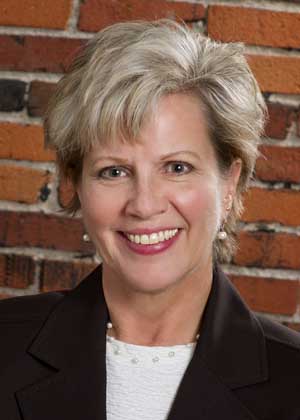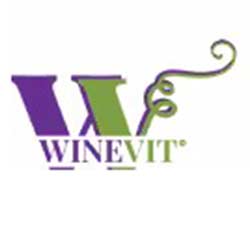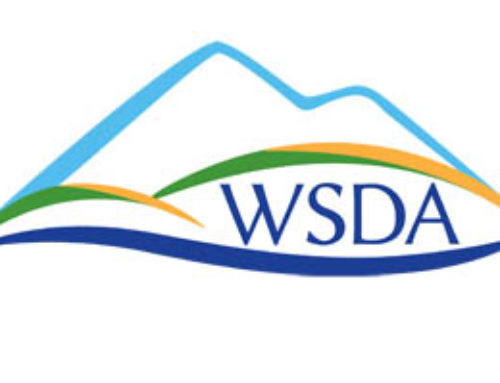Leadership. Most will tell you that they “know it when they see it.”
Asking people to define leadership can yield some interesting results. For example, a fellow by the name of Alex Putman posted the question in a LinkedIn HR group asking people to define leadership in one word.
His favorite response?
“Rebel,” Putnam wrote. “Sometimes a leader has to be a cowboy or rebel and put themselves outside of the norm, make sacrifices and achieve results! Following the pack may keep you in a job, but to really inspire, you must be determined, creative and passionate!”

That stuck with me, because over the past two years, while struggling with impacts of a pandemic, leaders in the Washington wine industry stepped up and stepped outside the box to create a statewide program that will, via third-party audits, certify sustainably grown wine grapes. It certainly would have been easier not to bother. After all, the process took dozens of people, in dozens of meetings, reading and agreeing on dozens of pages of sustainable practices known as “the Standard,” against which growers would be judged. While excruciatingly slow and painful to many, the process was thoughtful, intentional and inclusive.
Two main committees, those who “framed” the Standard and those who “developed” all individual sections of the standards, played key leadership roles in building out “Sustainable WA,” the first statewide wine grape certification program. It’s also one of only a handful in the country. With the initial standards completed, this year we look forward to pilot audits and the formal launch.
Looking back, the process was truly “leadership in action.” No one organization drove the effort. No one person was pushing a personal agenda. These “rebels” apparently could see the writing on the wall. Or they read more than others.
In December, the Washington Winegrowers Association board of directors held a retreat where much discussion centered on the future of the wine industry, including how Washington wine meets today’s unique challenges and the role of a certification program. Leaders from the Washington State Wine Commission, the Washington Wine Institute and Washington Wine Industry Foundation were invited, and those attending shared insights from marketing, promotion, legislative, regulatory and research perspectives. The group talked about the dramatic shifts brought on by COVID and changes in our consumer base (hello Gen Z!), along with new diversity, equity and inclusion initiatives and growing interest in green buying. They talked about how the industry must shift to respond.
During that meeting, Washington Winegrowers board members spent considerable time talking about the sustainability certification program. They are proud of how the industry has unified around the certification program. They talked about ongoing governance, funding and management of the certification program. They agreed to continue providing a home for the program and supported creation of a governance council to assist in future oversight with one representative, each, from the Washington State Wine Commission, Washington Wine Institute, Washington Wine Industry Foundation, Washington Winegrowers and an open position.
The governance council will oversee the process: managing the budget; building industry buy-in; and monitoring relevant program components, including the standards, auditor training module, the certification manual, the application form and claims guidance. Plus, they will guide creation of a technical committee to ensure compliance and alignment with current best practices, rule or law changes, shifts in pest and disease pressure and to address technical issues or problems. The technical committee would be populated by subject matter experts, including representatives from academia.
This approach will carry the industry’s sustainable vision from our pandemic planning into a future that remains, on many levels, uncertain.
To move forward in that environment, I think of insights shared by human resources consultant and motivational speaker Jamie Notter. In a recent article from “Association Universe,” Notter wrote: “The last two years were flat-out harder than life’s supposed to be. We’ve been disrupted, reinvented, unprecedented, new normaled, hybrided, varianted, boostered, masked, isolated, quarantined, and otherwise generally upheavaled.” He suggests three mindsets that I believe can help the Washington Winegrowers Association and the wider wine industry adapt and deal with whatever 2022 brings:
Mindset 1: Growth is expected. A growth mindset assumes that you can learn, that you can find the answer, that you can overcome the obstacle with enough learning and growth.
Mindset 2: Inclusion is a verb. Your mindset toward diversity, equity and inclusion in 2022 needs to be action-oriented; it’s time to DO something.
Mindset 3: Culture is why they will stay. Notter writes that finding the holes in your culture, and fixing them, is key to retaining good employees. I think our culture is key to how we keep the industry involved.
The rebels smelled what was in the wind, and those leaders in the Washington wine industry can and should proudly stand up to be recognized for helping to guide an entire industry to meet the future head-on.
—by Vicky Scharlau
Vicky Scharlau is the executive director of the Washington Winegrowers Association. You can reach her at vicky@wawinegrowers.org or catch up with her at WineVit, the association’s annual meeting February 7–10 at the Three Rivers Convention Center in Kennewick, Washington.







Leave A Comment